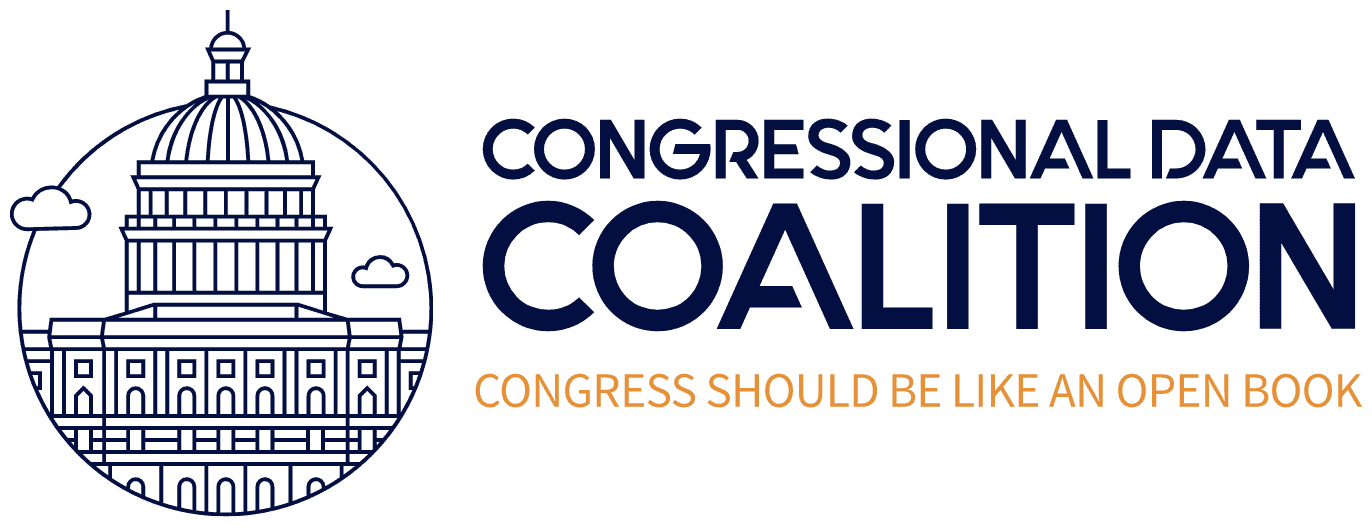The Chief Administrative Officer is one of the most important but low profile staffers that makes the House of Representatives work. The CAO runs an office with a huge mandate. It manages critical technology services, oversees and coordinates the financial reporting system, ensures that the press have smooth access to legislative proceedings, handles physical resources like maintenance of certain office equipment, and much more. Ed Cassidy, the current House Chief Administrative Officer, will retire at the end of this year. His departure leaves a strong legacy of open government and public engagement initiatives and highlights the need for a strong leader to fill this role and continue to bring Congress into the 21st century.
While the Speaker of the House gets to pick next CAO, the Congressional Data Coalition has specific traits we would like to see in whomever fills this vital role.
The most important trait for the next CAO to possess is experience in creating transformative change in a large institution. Congress needs an overhaul from the paper and poorly automated systems of yester-century that drives down efficiency and snarls everything in red tape. It’s time for the House to move fully to digital processes by rethinking the ways things are done and how they are assessed. Congress needs a leader who understands this issue and can drive the change.
The ideal candidate for the House’s CAO should also be a:
- Strong manager and team builder.
- Advocate for public-private partnerships.
- Compelling communicator to the public and those in Congress.
- Champion of technology who is familiar with the importance of machine-readable, structured data.
The goals for the next House’s CAO should be to:
- Recognize that providing more information to the public and better information to legislators helps Congress do its job effectively.
- Explore opportunities to move paper and physical operations to digital systems, along with making underlying processes more efficient and effective.
- Overhaul the Office of Finance with modern budgeting, reporting and compliance software to empower legislators to better manage and report their finances, including producing information about activities in open data formats.
- Embrace open source software so the public can review and contribute to the tools that run their Congress.
- Make it radically easier for small/medium-sized companies to do business with the House.
- Modernize the hardware in all committee hearing rooms and the recording studio.
- Review and reassess CAO’s mission in 21st Century.
We are eager to see who fills this important role and work with them to seize the opportunity to continue modernizing congressional operations.
